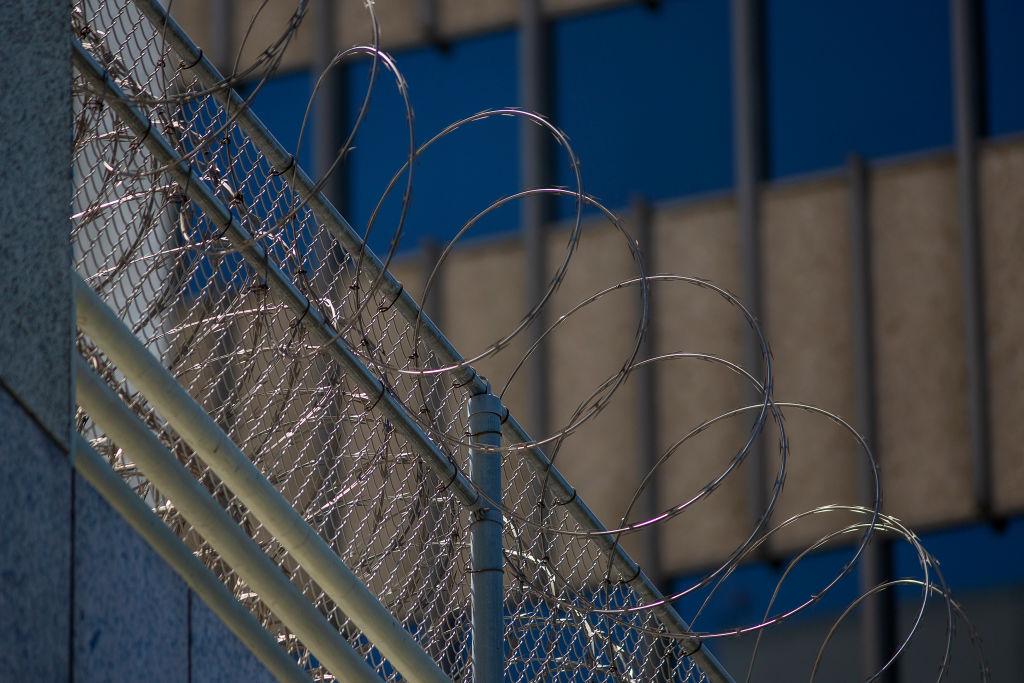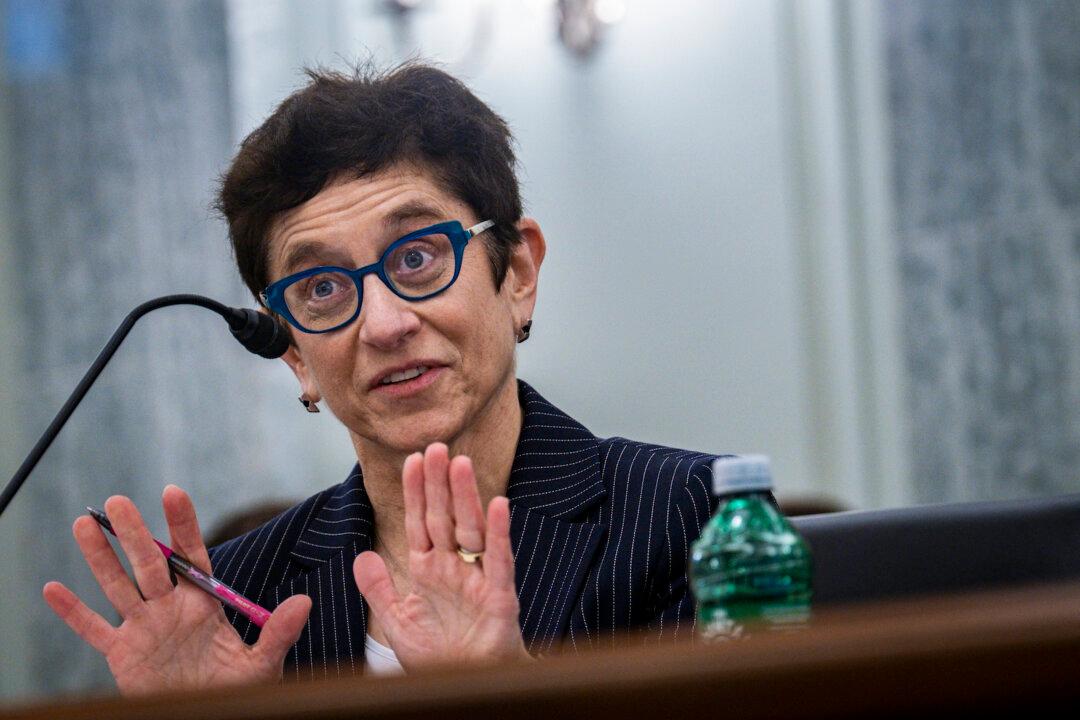The Minnesota Supreme Court on Feb. 15 upheld the state’s law that bars felons from voting while on parole, ruling that the law doesn’t violate the fundamental right to vote or the principle of equal protection within the state’s constitution.
The long-awaited decision comes more than a year after the American Civil Liberties Union (ACLU) argued the case before the Minnesota Supreme Court on Nov. 30, 2021, in hopes of restoring voting rights to more than 50,000 people in the state with active felony records, local Fox News affiliate Fox 9 reported.




